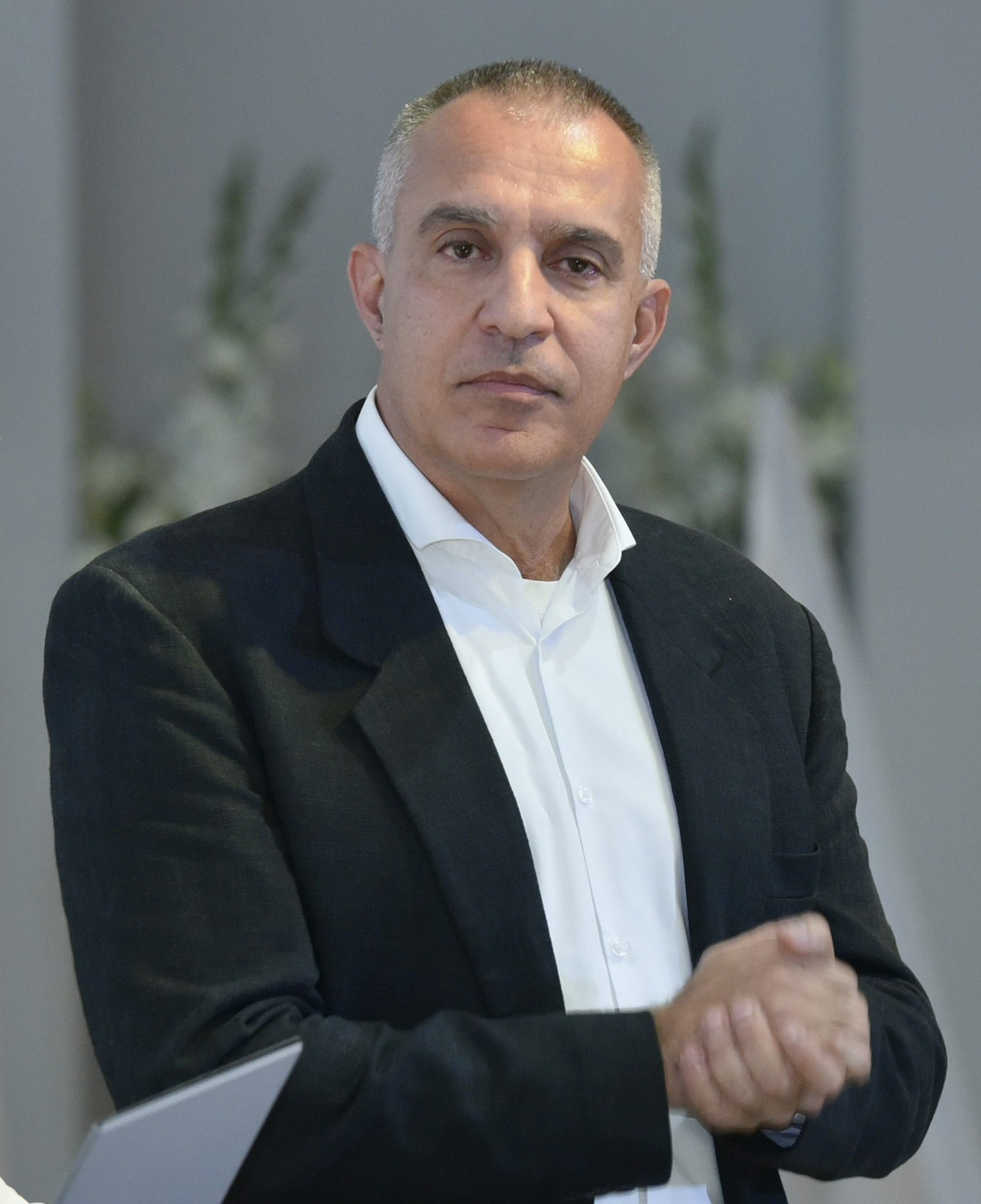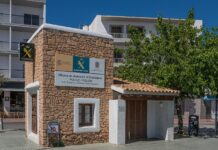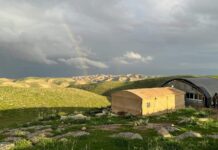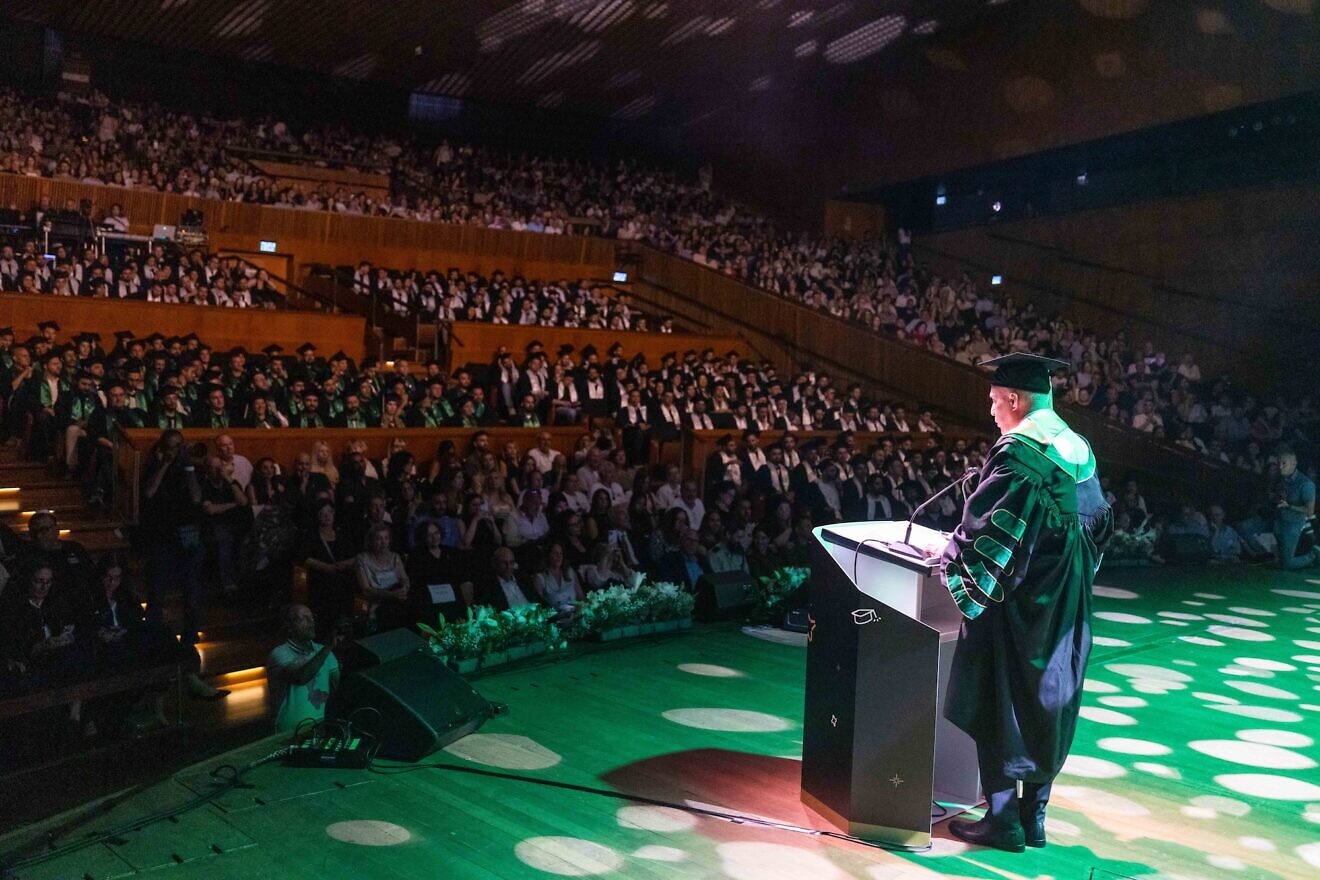As fears of a major Iranian attack continue to grow, Israel must pay attention to a factor that garners far less attention than missiles, drones and nuclear weapons, one of the country’s academic leaders says.
Each year, the Islamic Republic’s economy welcomes the world’s third-most newly graduated engineers at approximately 234,000, according to the World Economic Forum—a disproportionately large figure considering that the country ranks 17th in population.
By comparison, the United States produces slightly more new engineers per year than Iran at about 238,000, but it has the world’s third-largest population.
Viewed from another statistical lens, Iran produces 2,830 new engineers per one million inhabitants, compared to 743 per one million inhabitants in the U.S.
Meanwhile, in Israel, 7,000 engineers join the workforce each year, 740 engineers per one million inhabitants.

With the job market becoming ever-more STEM-based, now is the time for Israel to expand investment in engineering education, Professor Ami Moyal, president of Afeka Academic College of Engineering in Tel Aviv, said last week.
“Who will develop the next Iron Dome? I look at our graduates and see the future—the future of the high-tech industry, the future of the Israeli economy, the future of society, the future of the country,” Moyal, the former CEO of the high-tech company Natural Speech Communication, said. “Israel’s young engineers represent a significant part of the ‘victory picture’ [i.e., one reflecting the authentic truth of victory] for this country.”
Regardless of the number of engineers that Israel produces each year, Moyal told JNS that the strength of the country’s high-tech sector is found in its “quality over quantity” approach. Israelis are well-known for their innovation and entrepreneurship, and Israel is a world leader in startups per capita.
Further, according to the Israel Innovation Authority, the high-tech sector contributed nearly one-fifth (19.7%) of the county’s GDP last year and accounted for more than half of the nation’s exports.
The innovations that will continue to drive Israel’s national resilience and national security hinge not on technology alone but also on the human element, Moyal explained.
“We need to invest in the future,” he said. “We need technology, but we need to work on the combination of human capital and technology together to avoid the misanalysis of data. We need to invest in human factors, and to develop skills in people to analyze and implement the new technology that is coming our way.”
He added that human capital is of paramount importance as virtually the country’s only developable resource.
“The job market will be changing, more jobs will be STEM-oriented,” Moyal said. “With AI tools, that accelerates the rhythm of change. This is where we’re heading. Israel is unique in the sense that while other countries have various resources to develop, in Israel almost our only resource for development is human capital. We need to invest in STEM education. We are an innovative country, but we still need more and more innovators.”
Such innovators do not come out of nowhere. Rather, Moyal asserted that they are the product of educational processes such as competency-based learning—a framework in which academic institutions are going beyond instilling knowledge by continuously placing a greater emphasis on cultivating personal skills, attitudes and values.
“We can change the country if we allocate the right resources, the right people, and the right processes,” he said.

























